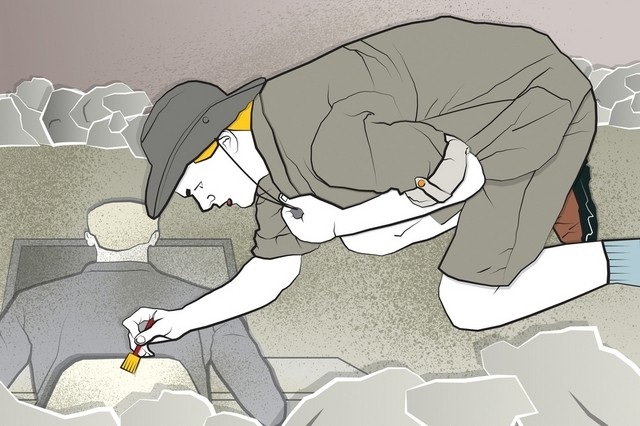|
Published in the Financial Post
“The important question from Saudi Arabia’s perspective, and from every producer’s perspective, is what is the future trajectory of prices compared to the present,” says Omar Al-Ubaydli, a director for the Bahrain Center for Strategic, International and Energy Studies. “Given that they think oil prices are going to be lower in the future — because of electric cars, because governments want to do more to cut emissions and that kind of thing — it makes sense to try to sell as much as they can now.” Continue
0 Comments
Published in MarketWatch
Omar Al-Ubaydli, a program director at the Bahrain Center for Strategic, International and Energy Studies, referred to the output cap speculation as a “red herring.” Everyone is producing as much as they can or want to produce anyway, “so an output freeze is equivalent to all the runners in the 100-meter final saying: ‘Let’s agree to not run faster than 9 seconds’.” “In that case, they just want to project collective power,” said Al-Ubaydli, who’s also an affiliated senior research fellow at the Mercatus Center at George Mason University. Some producers may intend to exhibit “willful production restraint,” but an agreement would “unravel within days or weeks since there is no reliable way to monitor cheaters and everyone has a history of cheating,” he said, adding that OPEC had a 96% output quota violation rate from 1980 to 2009. Continue
In the wake of falling oil prices and regional instability, the Gulf Cooperation Council (GCC) countries are looking for new economic opportunities. Generally speaking, experts encourage economic integration, because specialization in production, and operating in larger markets, constitute two of the most important sources of prosperity. The GCC governments have subscribed to this view for some time, having launched an economic aggrandizement project following the establishment of the GCC in 1981, comprising a free trade area, a customs union, a single market, and plans for a single currency.
Quotation: "Russia, Saudi Arabia are all talk, no action when it comes to oil-output freeze"9/6/2016 Published in MarketWatch
“In my opinion, there’s nothing going on here, at least as far as oil markets are concerned,” said Omar Al-Ubaydli, a program director at the Bahrain Center for Strategic, International and Energy Studies. He believes the “developments reflect geopolitics.” “In the case of Saudi Arabia and Russia, both countries are seeking closer relations, and they want to project a good relationship to the rest of the world,” said Al-Ubaydli, who’s also an affiliated senior research fellow at the Mercatus Center at George Mason University. “They both know that there’s no chance of effective cooperation in oil markets due to market forces, but there’s no harm in having an extra meeting, and issuing mutually supportive statements.” “In the case of Iran, their government officials are always happy to engage the media, especially now that sanctions have been lifted,” said Al-Ubaydli. “They like to make statements that suggest that their voice is important in global affairs, even though the reality of oil markets is that Iran and all other producers are slaves to market forces.” |
Omar Al-Ubaydli
This is where you can find all my articles, as well as some of my interviews and media mentions Archives
June 2020
Categories
All
|
|
Omar Al-Ubaydli
Bahrain Center for Strategic, International and Energy Studies PO Box 496, Manama Kingdom of Bahrain |
© COPYRIGHT 2015. ALL RIGHTS RESERVED.
|





 RSS Feed
RSS Feed